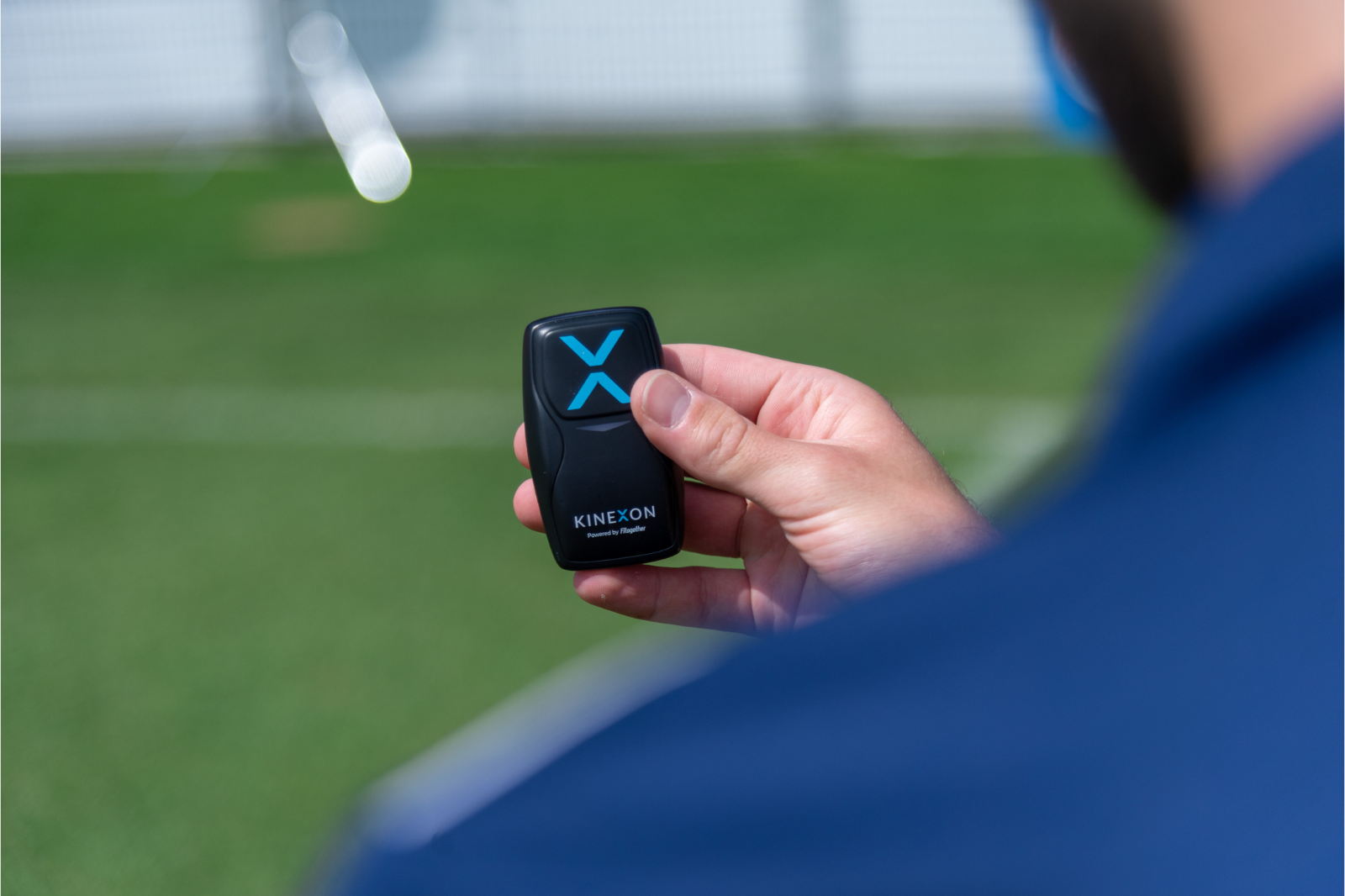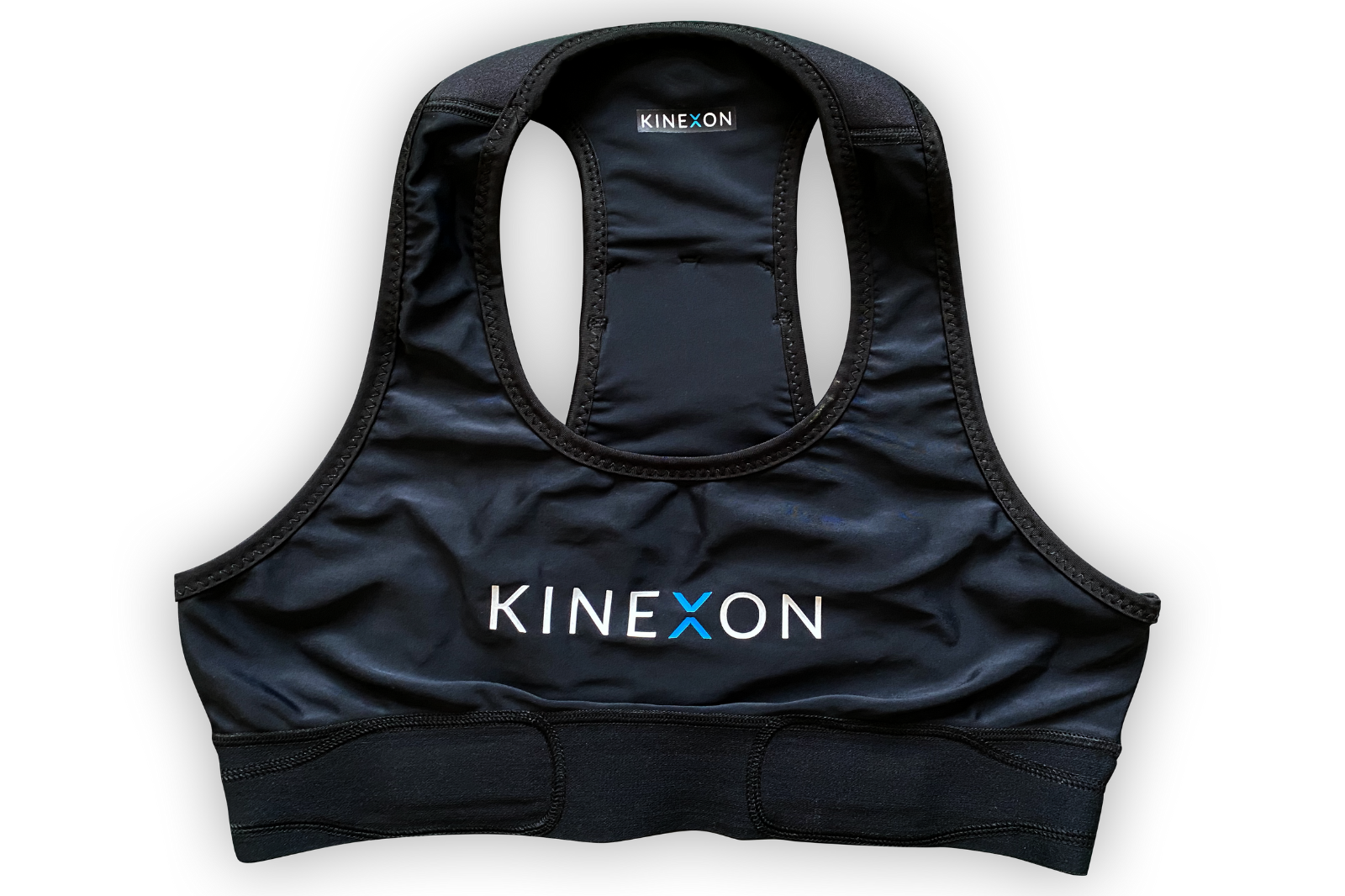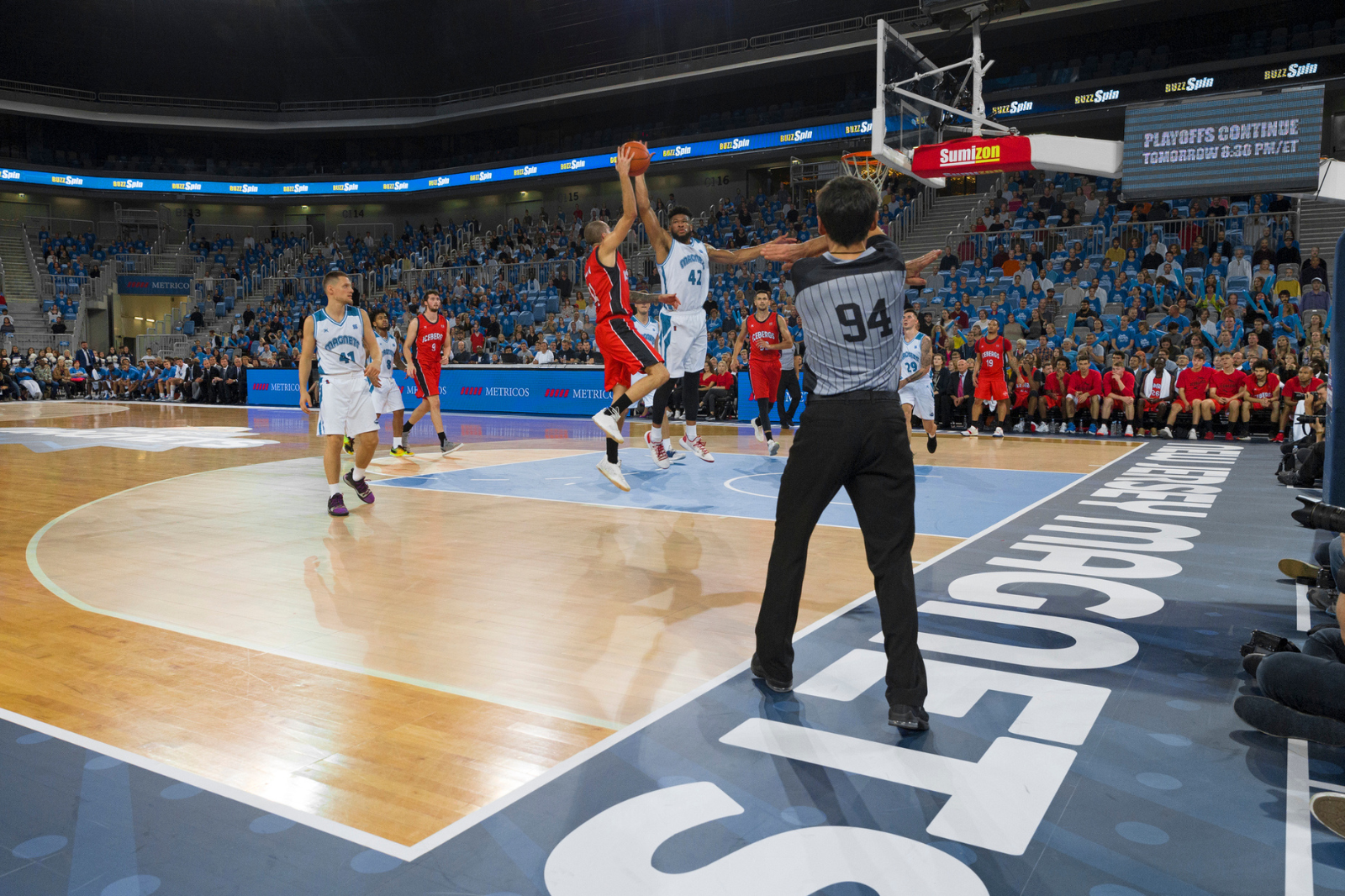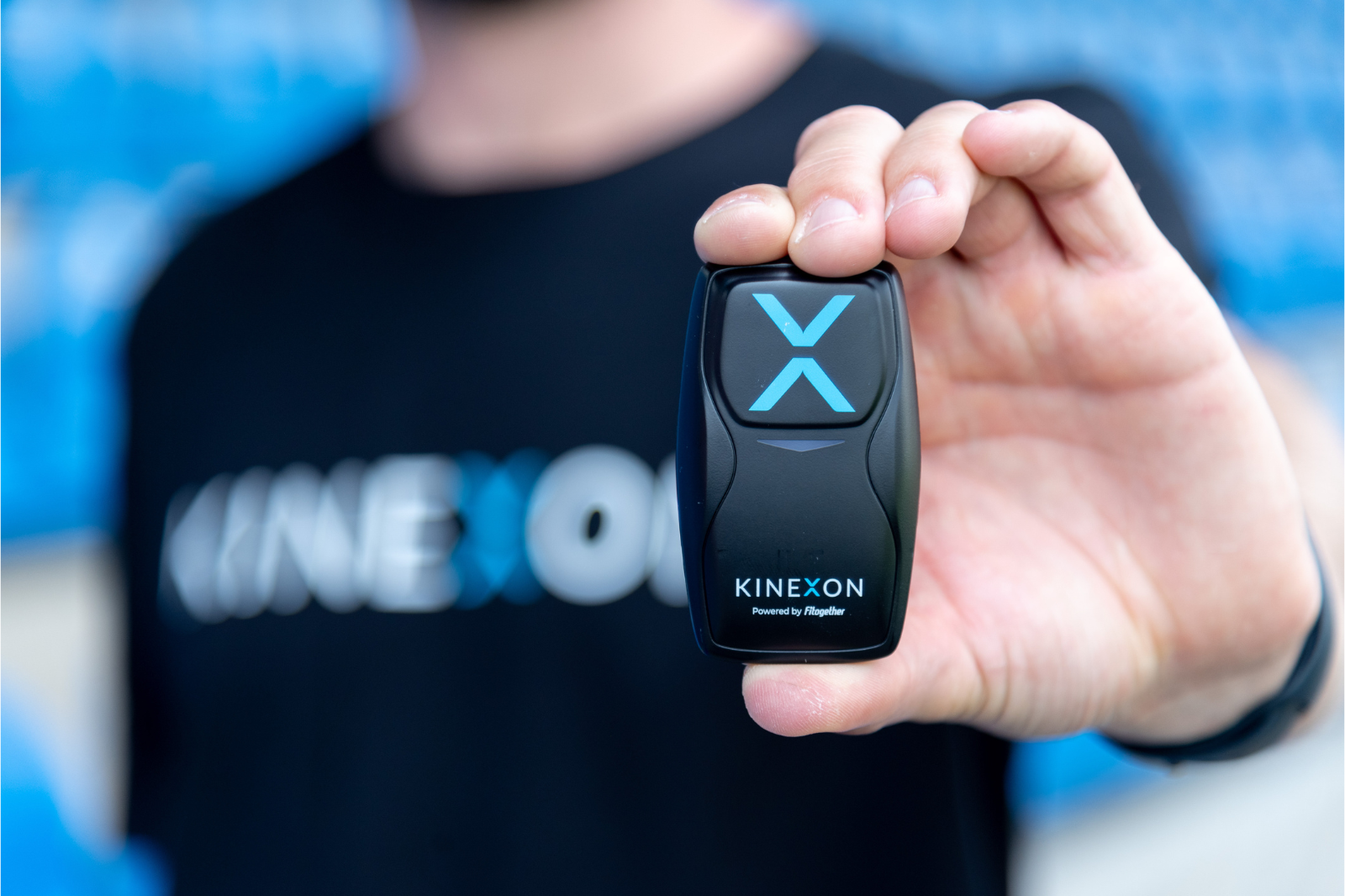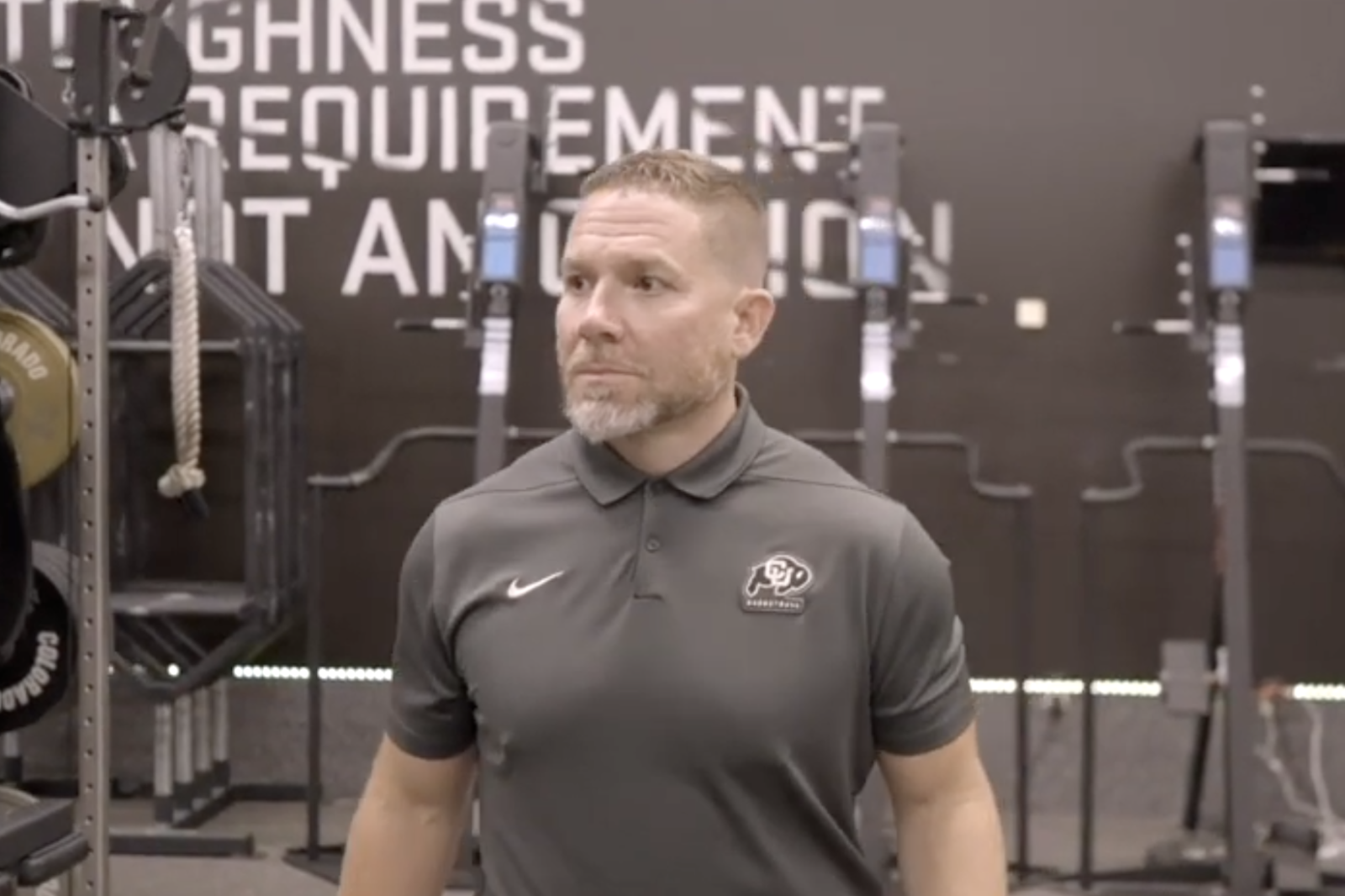Smart Factory strategy with fast payback? Only if you don’t forget these points!
Our Vice President Digital Transformation knows the challenges of the industry. In his blog article he shares three simple but far-reaching recommendations.

Dieter Krockauer has been working on the digital transformation in the automotive industry for many years. Most recently, he was Head of “Innovation & Technology Automotive SCM“ at the Continental AG in Regensburg, Germany. When he talks about smart automated supply networks, his eyes light up. In 2019, he joined KINEXON to “push forward the digital transformation in the industry not only technologically but also socially“. Despite his experience, he didn’t want to get carried away with strategic tips at first — but he has one now.
I’m with KINEXON for nearly a year now. During this time I got to know about 30 companies and certainly over 50 project managers. In my conversations, a lot is about challenges. Challenges of achieving goals. Challenges of facing international competition. Challenges of meeting an extremely fast market. And the challenge of reconciling all these things. And preferably faster than possible.
Are there any universal tips for a Smart Factory strategy?
In my 20 years of corporate affiliation, one of my central tasks has been to help shape the digital transformation in the Automotive SCM area at Continental. Therefore, I know the challenges of our KINEXON customers and industrial contacts very well from my own experience. Because they were also mine.
Now I am looking at this topic from the other side. At KINEXON, my focus is no longer on asking the right questions, but on showing possible solutions and providing answers.
I think that’s why our marketing team asked me if I could share something like universal advices that could apply to any company pursuing a smart factory strategy.
My clear answer: no and yes.
The importance of a networked and highly flexible “Industry 4.0” world hardly needs to be tought to anyone. Factory networking and automation are the key issues and from my experience I can say that the majority of companies have recognized this. The interest exists, the knowledge exists, the technology exists. So there is no need for real universal advices.
And there’s my “but”: There is still a big gap between the knowledge and the actual state. Taken together, there are three points that often get lost when focusing on these numerous challenges:
1. Industry 4.0 is a matter for the CEO
The digitization strategy in a company is a must on the agenda of the top management. Digital change inevitably affects all departments. Exceptions are not an option. And if they do, it will always be at the expense of efficiency! Want to bet?
2. It takes a big picture
Companies should definitely have a vision, a big picture. And all areas of the company should be involved in the strategy process and in drawing up the roadmap. As natural as it sounds, it is complex in practice. And it is rarely implemented.
3. Doing is more important than planning
There’s not one right way… My approach has always been: “Get started and keep on doing!” Of course, costs always play an immense role and it is clear that companies want to achieve fast payback. But when it comes to transformation, you need to scale up. And you have to do it fast.
I’m sorry, but:
When I observe my “old love” Continental and see the speed with which the company is fully automating its material flow, I am proud to have contributed to this for years on the one hand. And on the other hand, I see myself confirmed in my theory.
Jürgen Braunstetter, Head of Supply Chain Automotive since 2012, not only reports directly to the Executive Board, but was convinced of the power of digitization from the very beginning of his term of office — and knows how to convince others.
“In the future, size alone will no longer be decisive in competition, but speed and precision will be. Whoever is faster and more flexible will win the race in the end,” he said around 2014 in an interview with DVZ.
This assessment ultimately also led to a clearly defined big picture: the fully automated material flow. And in the smart factory model plants in Regensburg and Zvolen, the company quickly got down to business, automated several applications at once and found a partner in KINEXON with whom it can scale quickly in all directions.
So if I may be tempted to give one advice, then it’d be a motto based on the former world’s best goalkeeper Oliver Kahn: “Go on, go on! Go on!“
Editor’s note: Continental AG cooperates with KINEXON for the full automation of its material flow in the context of ist global smart factory strategy. You can download the full case study here for free.

